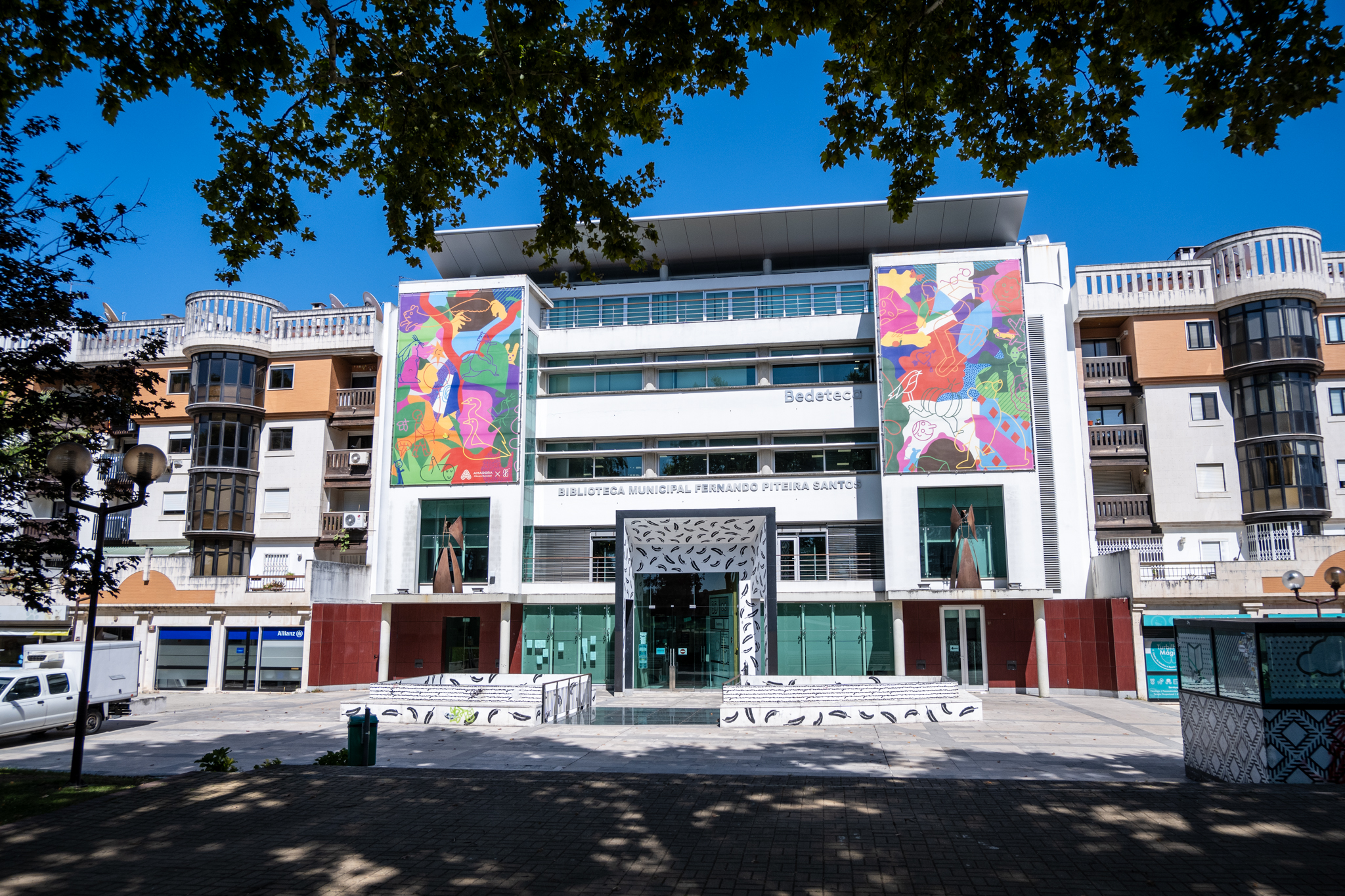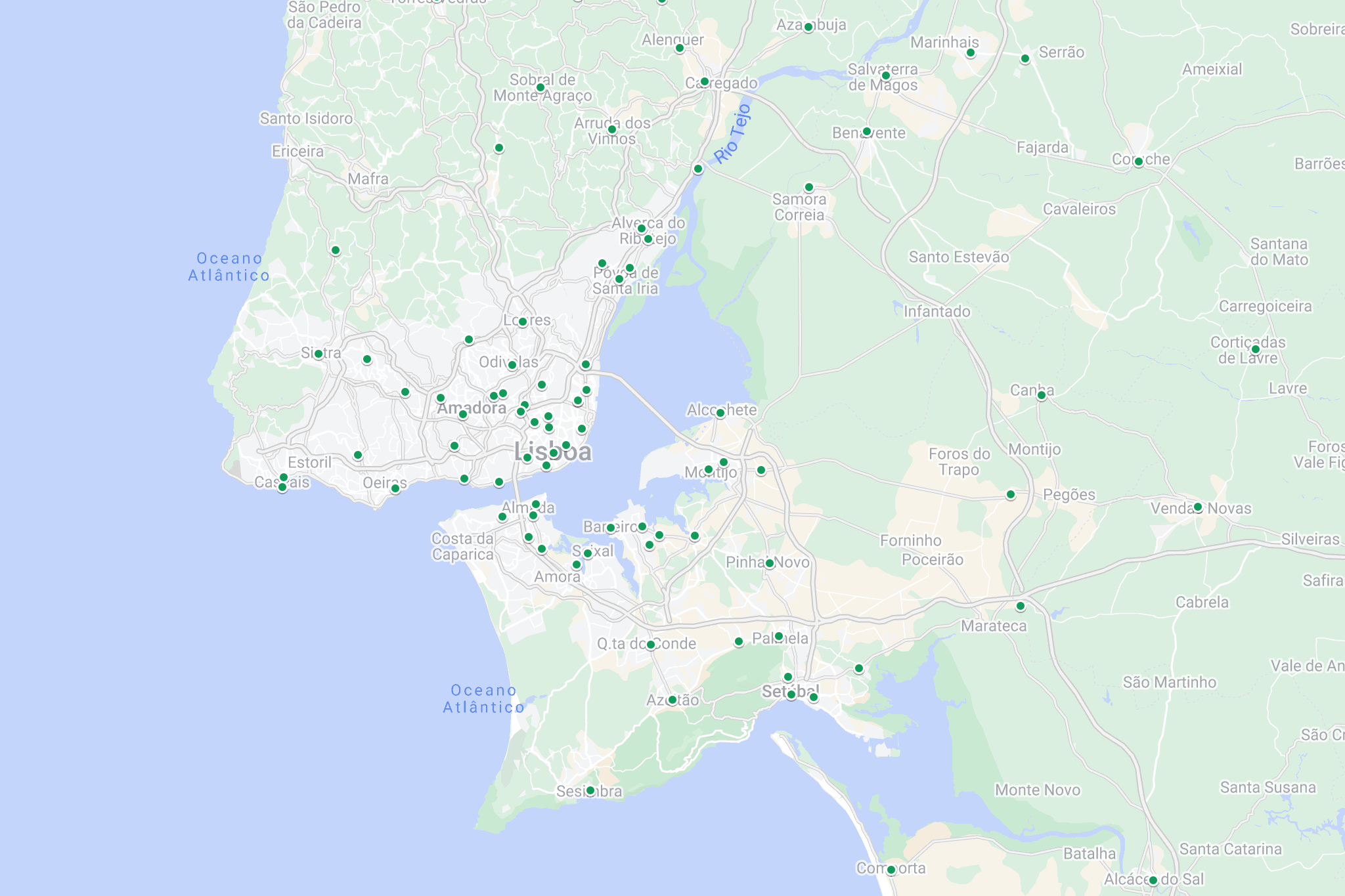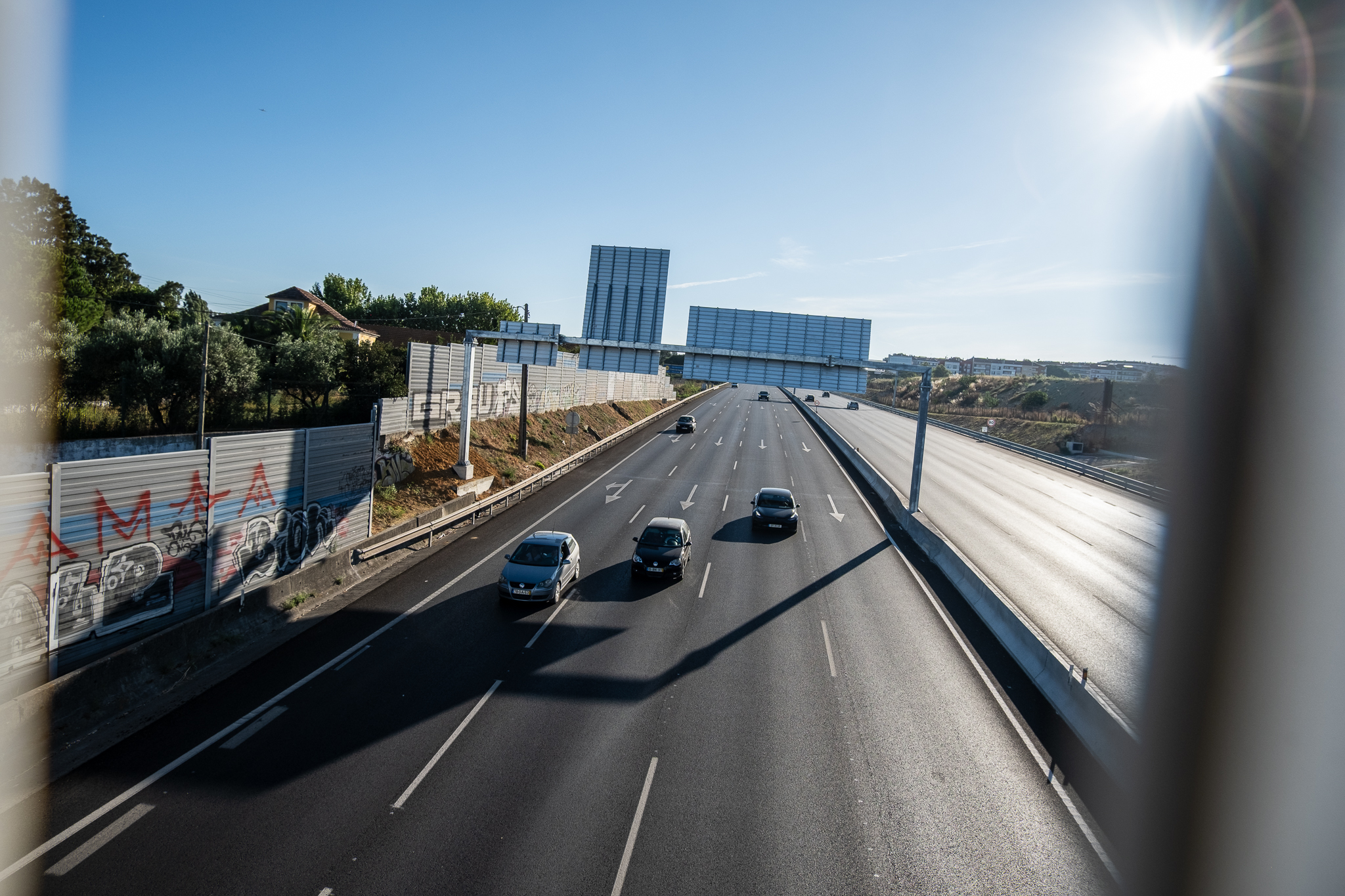The idea is to bring together the various municipal libraries in the Lisbon metropolitan area into a single network, which allows the optimization of resources, cost reduction and collaboration on common projects.

There are at least 424 public libraries at national level. The number may be higher, since not all of them are part of the so-called National Network of Public Libraries (RNBP), managed by the Directorate-General for Books, Archives and Libraries (DGLAB). In the Lisbon metropolitan area, there are more than 60. What if all these libraries were connected to each other and networked? This is precisely what the Lisbon Metropolitan Area (AML) is considering doing by establishing the first Metropolitan Library Network in the country.
Currently, in each municipality of the Lisbon metropolitan area (amL), there is at least one municipal library or a network of municipal libraries, depending on the size and organization of the respective territory. Lisbon is the city with the largest networkIt has 14 conventional libraries, a hemeroteca (dedicated to periodicals such as newspapers), an itinerant library and a kiosk library in Jardim da Estrela. In AlmadaThere are two municipal libraries; in Setubaltwo main libraries and three smaller ones; Oeiras has three libraries and a municipal bookshop; already Sintra, one of the largest municipalities in the AmL, organizes its municipal library in four distinct poles.
Throughout history, libraries have been fundamental pillars of society, playing a crucial role in the storage, dissemination and preservation of human knowledge. They began as spaces dedicated to the organization and consultation of books, documents and audiovisual materials. With the massification of technology, the advent of digital and the new work paradigms, they have also become spaces of coworking and study areas, but also free access points to computers and the internet, playing a very important role in inclusion. In addition, libraries also offer a variety of other services and activities that benefit the wider community, making them a very important part of inclusion. real community centers. Libraries can also be meeting places, places of citizenship and culture, with a program of conferences, debates, exhibitions and film screenings, workshops... With air conditioning, libraries can also be climate refuges on hot days.

Working together and joining forces
The Directorate-General for Books, Archives and Libraries (DGLAB) has been promoting, together with the Intermunicipal Communities, the creation of Intermunicipal Library Networks. The idea is to take advantage of the division of the territory into 23 regions to establish points of collaboration, placing the libraries of a municipality in dialogue with the libraries of the neighboring municipalities of the same Community. The objectives are to optimize available resources and reduce local costs through a regional scale, improve and balance the services available in each library, improve access to printed and digital information, and strengthen an inter-municipal identity.
At national level, there are already 17 Intermunicipal Library Networks, in regions such as Coimbra, Aveiro, Alto Minho, Trás-os Montes, Alentejo Central, Oeste or Algarve. Lisbon, being a metropolitan area, can have the first Metropolitan Library Network in the country. In this sense, AML established a working group of about 40 people, composed of elected officials, leaders and librarians from the 18 municipalities, who, on 5 July, met with DGLAB not only to discuss the establishment of this network, but also its relationship with the modernization of the technological infrastructure of cultural equipment, within the scope of the PRR - Recovery and Resilience Plan (the European "bazooka").
The municipalities will now send their contributions over the next few weeks to enable the formalization of an agreement to be signed between AML and DGLAB. This cooperation agreement will allow the constitution of the Lisbon Metropolitan Library NetworkIn addition, the agreement provides for priority investments in the renovation of the computer park of the equipment available to the public in public libraries, as well as the implementation of a catalog aggregator at metropolitan level - fundamental to improve the internal organization of the equipment, optimize resources and improve the services provided to the population. The agreement is expected to be signed at the AML Metropolitan Council, in the last quarter of this year.
According to the Directorate-General for Books, Archives and Libraries (DGLAB), the The establishment of Intermunicipal Library Networks is part of a kind of second phase of the National Public Library Network program.. Created 37 years ago, this program has allowed the opening to the public of municipal public libraries throughout the country and its dynamization, in a considerable effort of the Central and Local Administration. Three decades later, it is now sought to establish bridges between the libraries of each region, promoting networking in a decentralized way. On the side of the Central State, through the DGLAB, support is provided at the technical level, sharing knowledge and good practices, and also the promotion of common projects.
Regional scale without losing municipal identity
With the establishment of these Intermunicipal Networks, the DGLAB will be able to talk to 23 regions, through working groups set up at the inter-municipal level, instead of talking to each of the more than 200 municipalities. These working groups should include at least librarians from each of the municipal libraries in a given Intermunicipal Community. It should be noted that, although there is joint work on a metropolitan scale, it is intended to respect the individuality of each municipality and library. The DGLAB intends to include in the Intermunicipal Library Networks, whenever it is considered relevant, also other entities and institutions that contribute to the same objectives, such as higher education institutions, archives, museums and foundations.
In addition to the establishment of Intermunicipal Networks, DGLAB's strategy for public libraries is to: 1) increase the use of public library resources and services, thus maximizing the quality of the equipment installed and the investment made, as well as enhancing the value of public library services already provided to the population; 2) contribute to attracting new audiences with different needs and interests; 3) support the development of services in public libraries, duly framed, sustainable and responsive to the needs of the population; 4) affirm, with the communities, the role of public libraries, reinforcing their function as proximity equipment with different valences: cultural, informative, training and citizenship; 5) reduce inequalities and regional asymmetries, which are also found in the public library service, as a way of enhancing and developing the most peripheral territories; 6) extend and diversify the services provided by public libraries, integrating other entities, projects or services, beyond the area of Culture, namely in the areas of Administrative Modernization, Employment, Tourism, Science, Social Action.
You can find out more about the work and strategy of the Directorate-General for Books, Archives and Libraries for public libraries. here.










